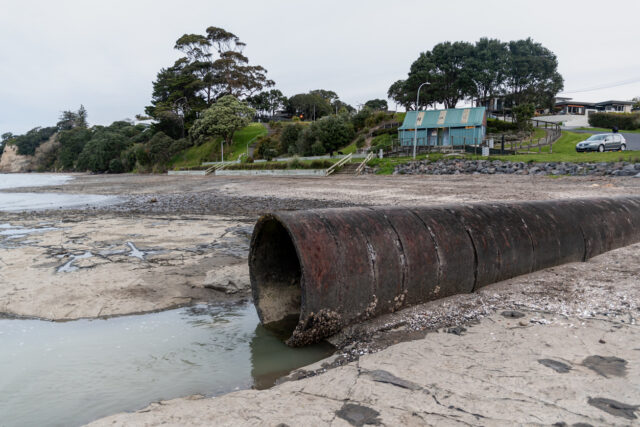Council controlled water organisations in New Zealand will be able to significantly increase their borrowing ability under reforms proposed by the central government in Wellington.
Local Government Minister Simeon Brown said that the Local Government Funding Agency (LGFA) had given the green light for the plan, which is the National led government’s response to the scrapped Three Waters reform proposed by the previous Labour administration.
The National government repealed Labour’s legislation and is proceeding with its own Local Water Done Well policy.
Where Labour had proposed the creation of separately managed water organisations with their own balance sheets, the council controlled water organisations (CCO’s) will now remain owned and financially backed by councils.
The CCO’s will impose new water charges, creating revenue streams which the LGFA will be able to lend against. The LGFA will be able to lend up to 500% of a CCO’s revenue.
“Using debt to spread the cost of long-term assets means that councils can invest for long-term growth and pay back their debts across the lifetime of new assets, ensuring the costs of those assets are paid for by those who use them, rather than simply pushing rates up today,” Simeon Brown said.
The move to enable CCO’s to borrow was welcomed by industry body Infrastructure New Zealand, with policy director Michelle McCormick said it was a first step in improving water infrastructure.
“The status quo, where most councils are struggling to adequately fund water infrastructure, is no longer an option,” McCormick said.
“Providing significantly more debt headroom and the ability to pay that back over the lifetime of new assets will ensure that community-owned water infrastructure will get the investment it needs.”
The move was also welcomed by Local Government New Zealand.
“Without reform, the pressure on council finances and on our essential infrastructure would continue to be completely unsustainable,” said LGNZ vice-president Campbell Barry.
A recent Infometrics report commissioned by the LGNZ found that sewage systems were 30% more expensive to build and water supply systems 27% more expensive than three years ago.
In June, multinational water and wastewater services company Veolia urged the government to provide more opportunity for private sector companies to be involved in the provision of water services.
Speaking before a parliamentary committee, Veolia’s New Zealand country director Emma Brand said that while the company supported the public ownership of water assets, current rules prevented private companies from taking a more active role.
Veolia operates and maintains 33 water treatment plants and 29 wastewater treatment plants in New Zealand.














